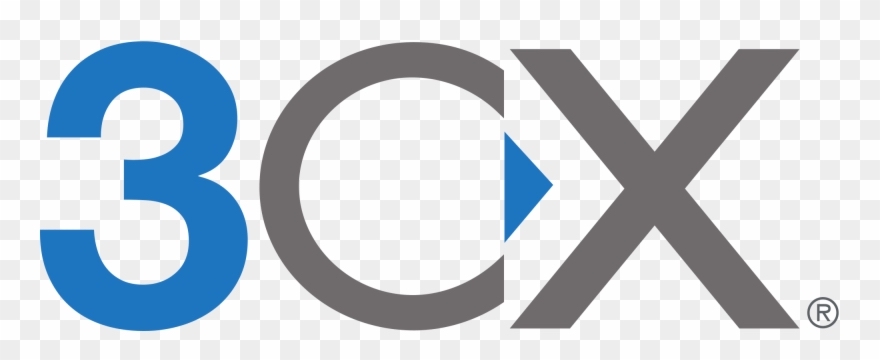In general, spelling words perfectly is a no-brainer, be it inside or outside the workplace. However the drive for increased online revenue has caused many people, particularly internet marketers, to question the value of the occasional deliberate spelling mistake when writing for the web.

Correcting spelling mistakes in your web content need not look as messy as this
The Theory Behind Deliberate Misspellings
As anyone who uses a keyboard knows, mistyping words or getting the spelling or particular words wrong (how many L’s in parallel for instance?) is quite easy. If you make mistakes from time to time, logic dictates that your potential customers may too. But how does knowing this help?
As Google, Bing or any other search engines ‘crawls’ your webpages looking for new content to add to their indexes, each word is logged for use in future search queries. The theory goes that you can garner additional hits on your website from people who misspell their search queries. For instance:
Acme Sewerage Services want to promote their drain cleaning services and commission a number of articles to populate their website. Knowing that people can choose to search on ‘sewerage’ or ‘sewage’, they insert the spellings interchangeably throughout their webpages, thus allowing them to effectively double their search result values over sticking with the traditional spelling of ‘sewerage’ alone. Including these variations gives Acme a theoretical advantage over their competitors.
The same applies for any other commonly misspelled words such as ‘parallel’ (parallell), ‘financial’ (financail), separately (seperately) and virtually any other you care to think of. You could also consider popular Americanisations (airplane v aeroplane, realize v realise, pavement v sidewalk etc).
The Problem With Deliberate Misspellings
As with any Search Engine Optimisation (SEO) trick there are potential pitfalls to alternative and incorrect spellings, foremost of which is the potential alienation of customers who do not have problems with typing or ordering letters. Businesses always ensure that their printed materials are proofread countless times to eliminate errors and customers generally expect the same of their web content.
Although the misspellings are deliberate, clients do not usually recognise them as a technique for improving SEO, instead they see them as a lack of attention to detail, poor levels of education or general sloppiness, each of which reflect badly on your business. The more ‘mistakes’ a customer sees, the less likely they are to engage with your business, as they will quite naturally assume that if your web presence is shoddy, so too are your products and services.
Decision Time
Alternative spelling in web content certainly provides a way of reaching additional customers through misdirected web searches, but here at Tech Write we always ask our clients to carefully consider the wider impact these deliberate mistakes may have. Does the drive for attracting new customers outweigh the benefits of maintaining
existing traffic? How many ‘regular’ spellers could you afford to lose in the quest to gain new leads? What is the wider impact on your brand image when circulating materials with blatant mistakes? 
So what do you think? How important is spelling in the age of the text message? Leave a comment using the form below or tweet me on @TechWriteUK. You can also ‘hotlink’ to this article using the QR code over there ->
Tech Write provide writing services to business of all shapes and sizes based across a number of different industries. If you would like assistance in improving your blog, creating press releases or even producing printed materials, please contact me for more details.










































I’m impressed, I have to say. Really hardly ever do I encounter a blog that’s each educative and entertaining, and let me tell you, you’ve gotten hit the nail on the head. Your concept is excellent; the problem is something that not enough persons are speaking intelligently about. I am very happy that I stumbled throughout this in my search for something regarding this.